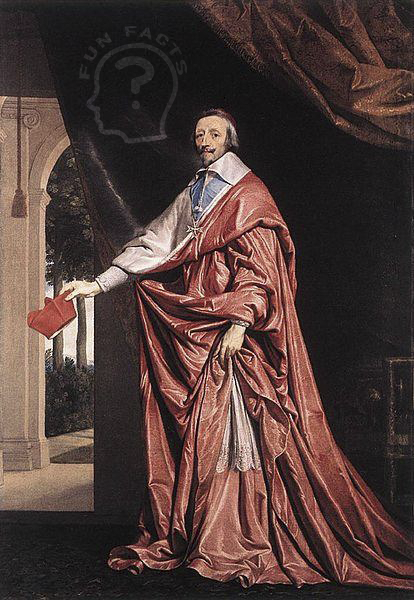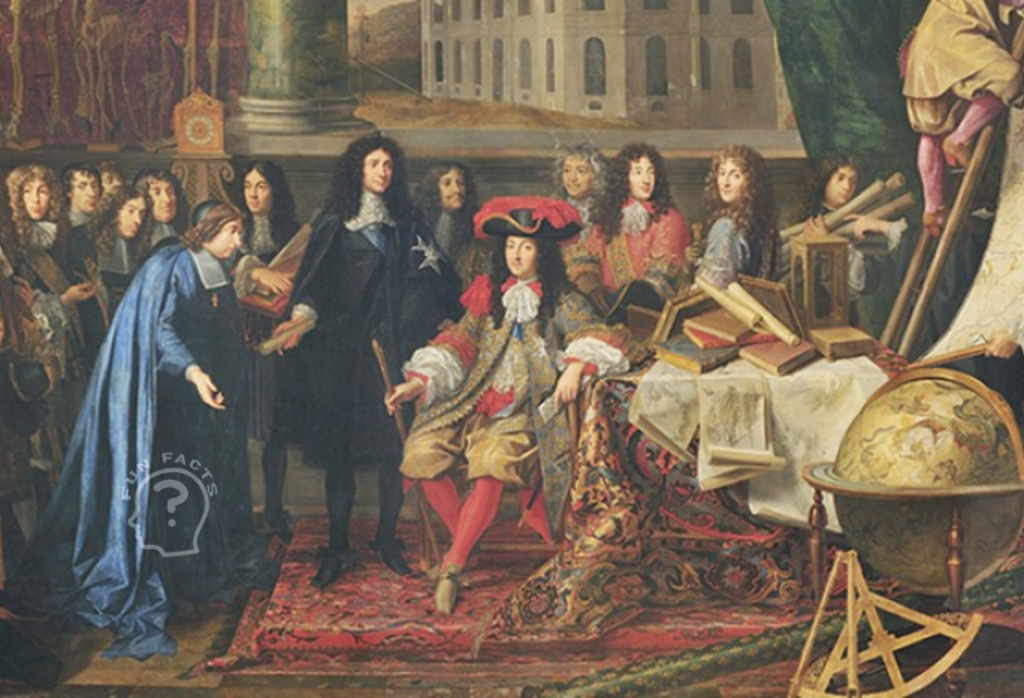Absolutism refers to a political system in which power is concentrated in the hands of a single ruler or monarch, with little to no checks and balances.
This system emerged during the early modern period in Europe, when monarchs sought to consolidate their power and assert control over their territories. The era of absolutism was characterized by centralized power, religious conflict, and the rise of nation-states.

Key Features of Absolutism
Under absolutism, the king or monarch had complete control over the government, the military, and the economy. People viewed the monarch as the embodiment of the state, with his power deriving from divine right. As a result, they believed that God appointed the king, and he had the authority to govern as he deemed fit.
The monarch’s word was law, and he was not subject to any outside authority or influence.
The Impact of Absolutism
Absolutism had a profound impact on European history, shaping the political and social landscape of the continent for centuries to come.
The concentration of power in the hands of a single ruler allowed for the implementation of sweeping reforms and the execution of large-scale projects, such as the construction of grand palaces and the financing of wars.
However, it also led to widespread corruption, economic hardship, and social unrest, as the common people had little say in how they were governed.
Absolutism Today
Although absolutism as a political system has largely passed, the concept of authoritarianism and the concentration of power in the hands of a single ruler or party still reflect its legacy.
Anyone interested in the development of modern political systems and the evolution of power structures throughout history must understand the historical context and impact of absolutism.
Examples of Absolutism in History
Some of the most well-known examples of absolutism in history include the reigns of Louis XIV of France and Peter the Great of Russia. Louis XIV, also known as the Sun King, centralized power in the French monarchy and pursued aggressive foreign policies. He also oversaw the construction of the Palace of Versailles, a symbol of his power and wealth. Peter the Great, on the other hand, sought to modernize Russia and expand its territories. He implemented a series of reforms that centralized power in the Russian monarchy and transformed the country into a major European power.
Criticisms of Absolutism
Historians and political theorists have widely criticized absolutism for its authoritarianism and disregard for individual rights and freedoms.
Many have argued that the concentration of power in the hands of a single ruler inevitably leads to abuse and corruption, and that a more democratic system of government is preferable.
However, others have pointed to the benefits of absolutism, such as its ability to promote stability and order in times of crisis.
The End

The era of absolutism began to decline in the late 18th century, as Enlightenment ideas about individual rights and freedoms began to take hold.
The French Revolution, in particular, dealt a significant blow to the concept of divine right monarchy and paved the way for more democratic forms of government.
Today, most countries divide power among multiple branches of government and allow their citizens to participate in the governance through a form of constitutional monarchy or representative democracy.
Absolutism in Popular Culture
Absolutism has also been a popular subject in literature, art, and film. From Shakespeare’s plays to the TV series Game of Thrones, stories of power, corruption, and intrigue have captured the imaginations of audiences throughout history.
By exploring the themes and symbolism of absolutism in popular culture, we can gain a deeper understanding of its enduring appeal and its impact on our collective consciousness.
The Relevance of Absolutism Today
Although the era of absolutism may seem distant and foreign to us today, we can still sense its legacy in the modern world’s political systems and power structures.
Authoritarian regimes and dictatorships continue to exist in various parts of the world, and the concentration of power in the hands of a single ruler or party remains a significant challenge to democracy and human rights.
By studying the history and impact of absolutism, we can better understand these contemporary issues and work towards creating a more just and equitable world for all.
Conclusion
Overall, the era of absolutism represents a significant period in European history, with far-reaching implications for the development of modern political systems.
While the concentration of power in the hands of a single ruler may have its benefits, it also carries significant risks and challenges. Understanding the complexities ofis essential for anyone interested in the evolution of political systems and the role of power in shaping human societies.




